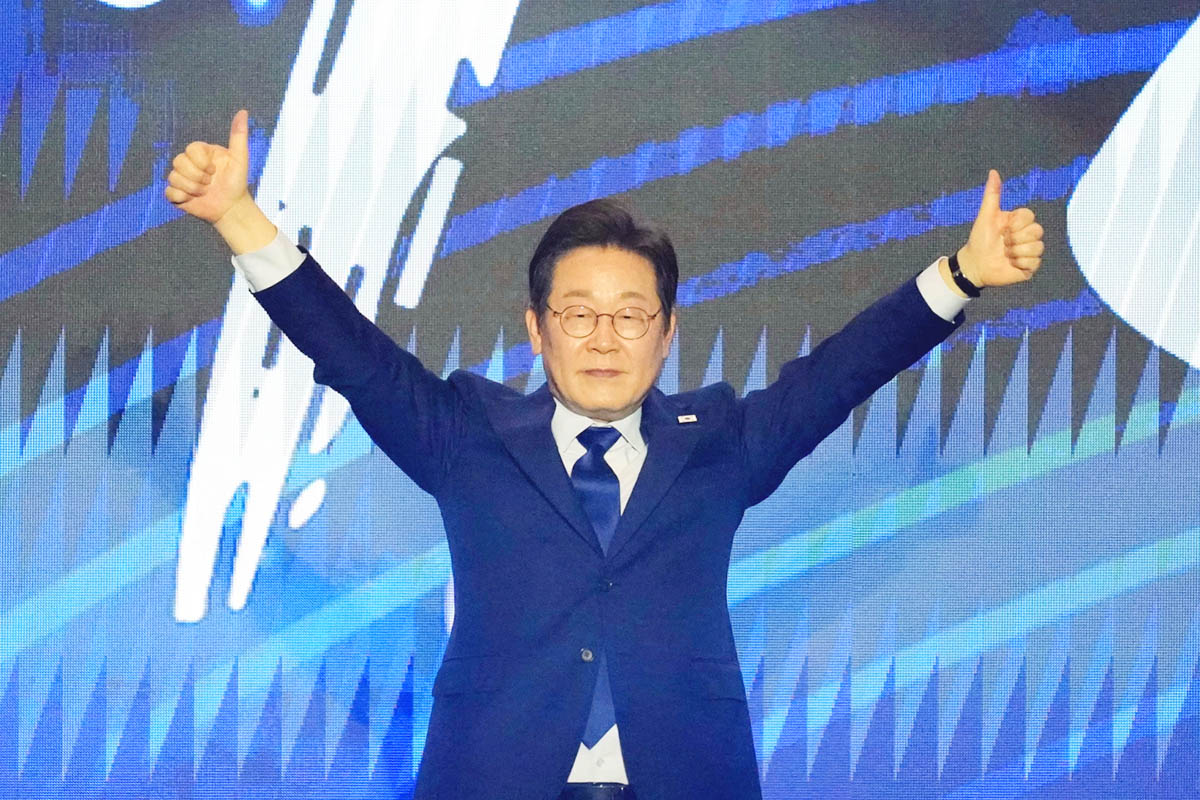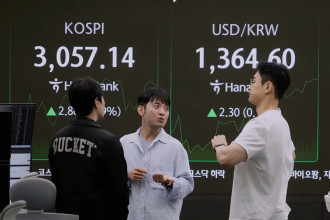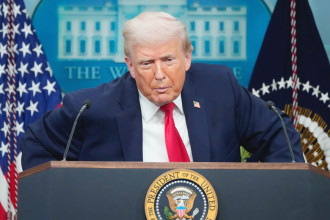
SEOUL: South Korea, Asia’s fourth-largest economy, is a major investor in the United States, with healthy trade in goods ranging from semiconductors to high-end beef.
But after US officials detained hundreds of Koreans during an immigration raid on a battery factory in Georgia, the country’s president warned it could have a chilling impact on investment.
AFP looks at economic ties between the two:
Trade ties
South Korea is one of Washington’s biggest trading partners, with automobiles leading the pack in exports. Last year, more than half of its approximately 2.78 million exported vehicles went to the United States, worth around $34.7 billion. Booming demand for high-end chips such as DRAM modules, driven by surging AI-related investments in the US, fuelled a sharp rise in exports of South Korean computer components and parts, which more than doubled year-on-year to $8.2 billion in 2024. On top of this, South Korea was the fourth-largest steel exporter to the United States last year.
Tariff deal
Washington initially hit Seoul with a 25% across-the-board tariff, but a last-minute agreement saw it reduced to 15%, though duties of 50% remain on some goods including steel and aluminium. Separate tariffs on automobiles were also lowered from 25% to 15%, but the reduction has yet to take effect. Details of the Korea–US deal were expected to be announced when President Lee Jae Myung met former President Trump in late August, but have yet to materialise. Lee said on Thursday the agreement was merely ‘crossing a small hill’, adding that ‘there will be countless more to overcome’. A South Korean Foreign Ministry official told AFP that working-level negotiations remain under way, with the trade minister flying to Washington.
Seoul’s US investments
At the time of the tariff deal, Trump said South Korea would give the United States $350 billion for investments and buy $100 billion in liquefied natural gas or other energy products. Details of the investments, including how the package will be structured and how returns will be shared, are still under discussion, trade officials told AFP. According to the trade ministry, Seoul has proposed $150 billion for shipbuilding and $200 billion for ‘strategic sectors’ such as semiconductors. The plan includes a mix of direct investment, loans and guarantees. Separately, South Korean businesses pledged $150 billion in direct investment, in sectors from pharmaceuticals to AI.
Shipbuilding cooperation
The ‘Make American Shipbuilding Great Again’ (MASGA) initiative, a Trump push to revitalise the US industry and counter China’s rise, served as Seoul’s strongest bargaining chip. ‘Our world-class shipbuilding companies, equipped with the highest level of ship design and construction capabilities, are expected to help revive the US shipbuilding industry,’ said Finance Minister Koo Yun-cheol in July. South Korea is the world’s second-largest shipbuilding nation, trailing only China. With concerns growing over China’s expanding naval fleet and potential conflict in the Taiwan Strait, Washington is looking for reliable overseas shipyards to support its Asia-Pacific operations. South Korea’s Hanwha Ocean was the first non-American company authorised to carry out dry-dock maintenance of a US Navy vessel.
Raid’s impact on investments
President Lee said the detentions could have ‘a significant impact on future investment decisions’ for South Korean companies. Experts agree companies must proceed with caution in the short term but ‘must continue investing in the United States’, Kim Dae-jong, professor of business at Sejong University, told AFP. ‘After all, it is the world’s largest market,’ he added. ‘The government should actively engage with Washington to help resolve the diplomatically sensitive visa issue and support businesses.’
The trade partnership with Seoul is also vital for Washington. ‘South Korea is even more important than Japan or the European Union for US economic security, thanks to its broad industrial base spanning nuclear energy, shipbuilding and semiconductors,’ said Kim Yang-hee, professor of economics at Daegu University. ‘For South Korea, the US market represents more than sheer scale; it is a proving ground and test bed for cutting-edge technologies. Winning over American consumers signals that its products can succeed anywhere in the world.’
By RSS/AFP





